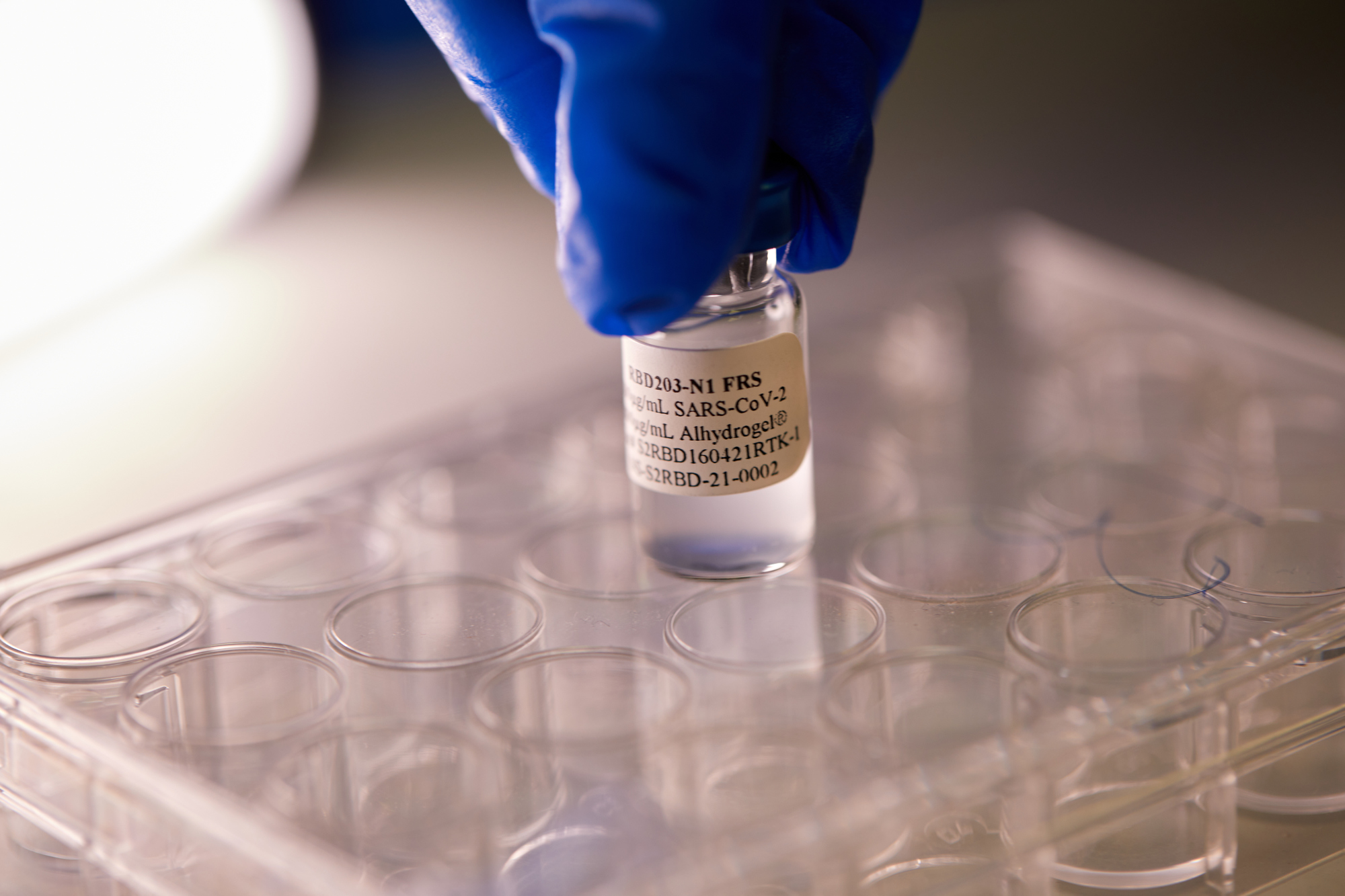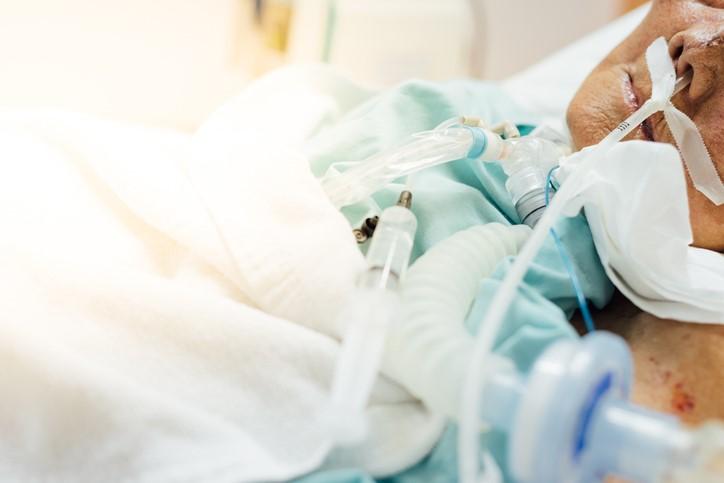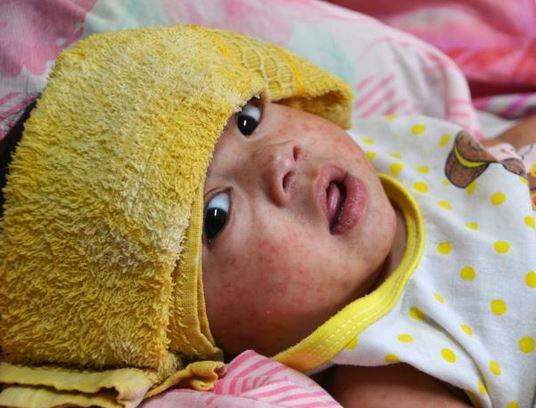The World Health Organization (WHO) has approved another COVID-19 vaccine for emergency use listing (EUL): Corbevax, a recombinant protein–based vaccine developed by scientists at Texas Children's Hospital and Baylor College of Medicine.
During the EUL process, WHO advisory groups evaluated the vaccine to ensure that it meets the WHO's standards for protection and safety, with a goal of speeding the availability of products to people who need them. Corbevax is the 14th COVID vaccine to receive the WHO EUL.

Texas researchers licensed its vaccine technology for making the SARS-CoV-2 receptor binding domain (RBD) protein to India-based Biological E Limited in 2020. The company scaled up manufacturing and advanced Corbevax through clinical trials. In 2022, Indian regulators granted the vaccine emergency use authorization, first as a 2-dose primary series, and then for use as a booster.
100 million doses administered
In a press release, Texas Children's Hospital said 100 million doses of Corbevax have been administered in India. The vaccine is made on a platform that uses a Pichia pastoris yeast strain to express the RBD protein of SARS-CoV-2, used as an antigen and optimized with an adjuvant, or immune-booster.
Mark Wallace, chief executive officer of Texas Children's Hospital, said vaccine developers have provided non-exclusive licensing to the yeast strain, which allows other scientists to develop effective, low-cost vaccines. "We continue our mission to support global vaccine accessibility and availability," he said.
Peter Hotez, MD, PhD, with the Center for Vaccine Development at Texas Children's Hospital and part of the team that developed the vaccine, said, "Achieving approval under WHO's EUL procedure represents an important step toward our goal of helping development of low-cost vaccines for the world's most vulnerable populations."














